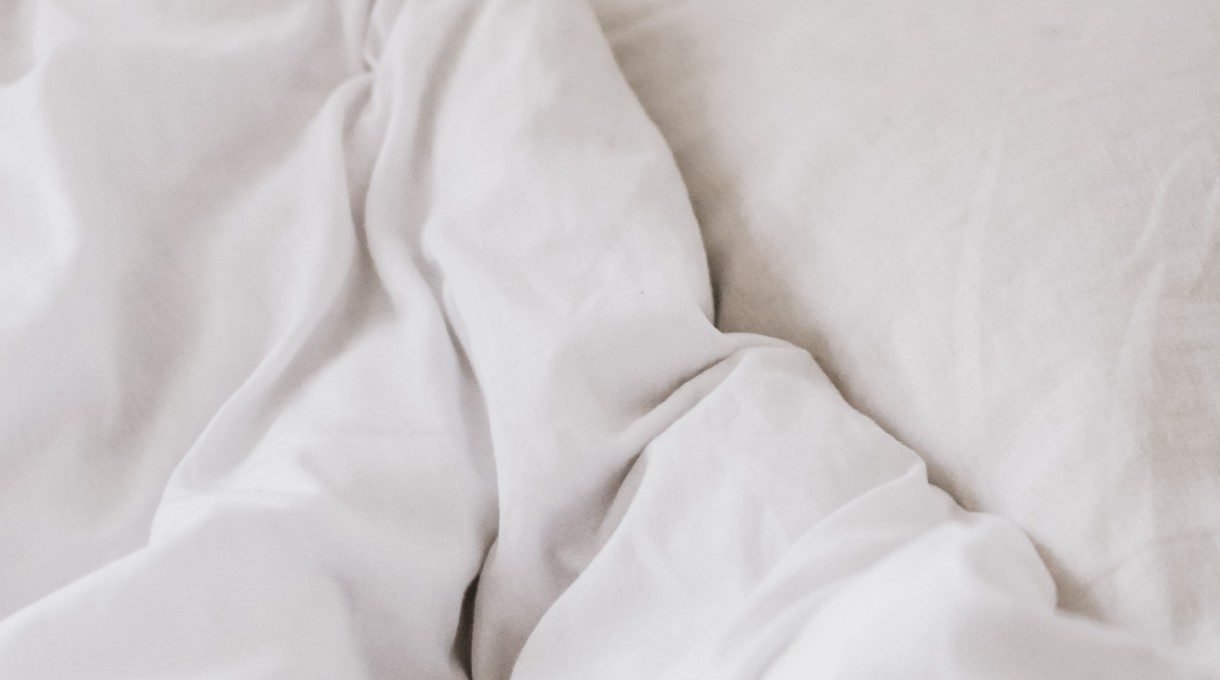Are Bamboo Sheets Eco-Friendly?

With more and more of us seeking to lead more sustainable lives, there has been more interest in bamboo.
Hailed as the magical plant that doesn’t require the use of pesticides or an abundance of water to survive, bamboo is a favorite among sustainability geeks. From plates to sheets, this plant has been used to make a variety of household essentials.
But are bamboo sheets a good idea? Are they truly eco-friendly?
If these are the questions that have been running through your head since you heard of these types of sheets, you have come to the right place. This is exactly what we are going to discuss today.
Are bamboo sheets eco-friendly?
Why aren’t bamboo sheets eco-friendly?
Although these sheets are derived from sustainable bamboo plants, a lot happens before you can get the soft fibers that can be used to make sheets.
This process could include either mechanical or chemical processing. And while the former method is more environmentally friendly, it is time-consuming and labor-intensive.
As such, most manufacturers opt for the chemical process, one that uses chemicals like sulfuric acid and sodium hydroxide to convert bamboo fibers into viscose rayon.
Years ago, the US Federal Trade Commission not only confirmed that this was what manufacturers were doing but also charged some of them with attempting to pass off their products as green.
On the other hand, the few companies that do use more environmentally friendly processes sell their sheets at a higher price because of the effort and time required to produce them. They usually make their sheets by combining the use of natural enzymes and machines, creating what is known as bamboo linen or 100% bamboo sheets. But for the most part, these sheets are not as soft as those manufactured chemically.
So far, only one manufacturer has managed to refine this process to create soft sheets – the Swiss company Litrax AG. However, after years of refining their methodology, they completely abandoned their product, Litrax-1.
While other manufacturers like Mulberry Threads seem to have taken over this space, their products are not available everywhere. Also, there is still a lot we don’t know about their manufacturing process.
What alternatives are there to bamboo sheets?
Sure, bamboo sheets aren’t eco-friendly, but it’s not the end of the world – there are other sustainable options to choose from.
For one, you could go for Eucalyptus sheets. While they will cost you a pretty penny, they are very eco-friendly and even come with a host of health benefits.
Alternatively, you could go for something more accessible such as Tencel. This fabric is highly recyclable, antibacterial, and 50% more absorbent than cotton.
Be informed
Whenever you are buying sheets, ensure you know exactly what you are buying.
Do your research to avoid being misled by manufacturers that are riding on the public’s inclination to sustainability. And if in doubt, you could always just stick with cotton until you figure things out.
